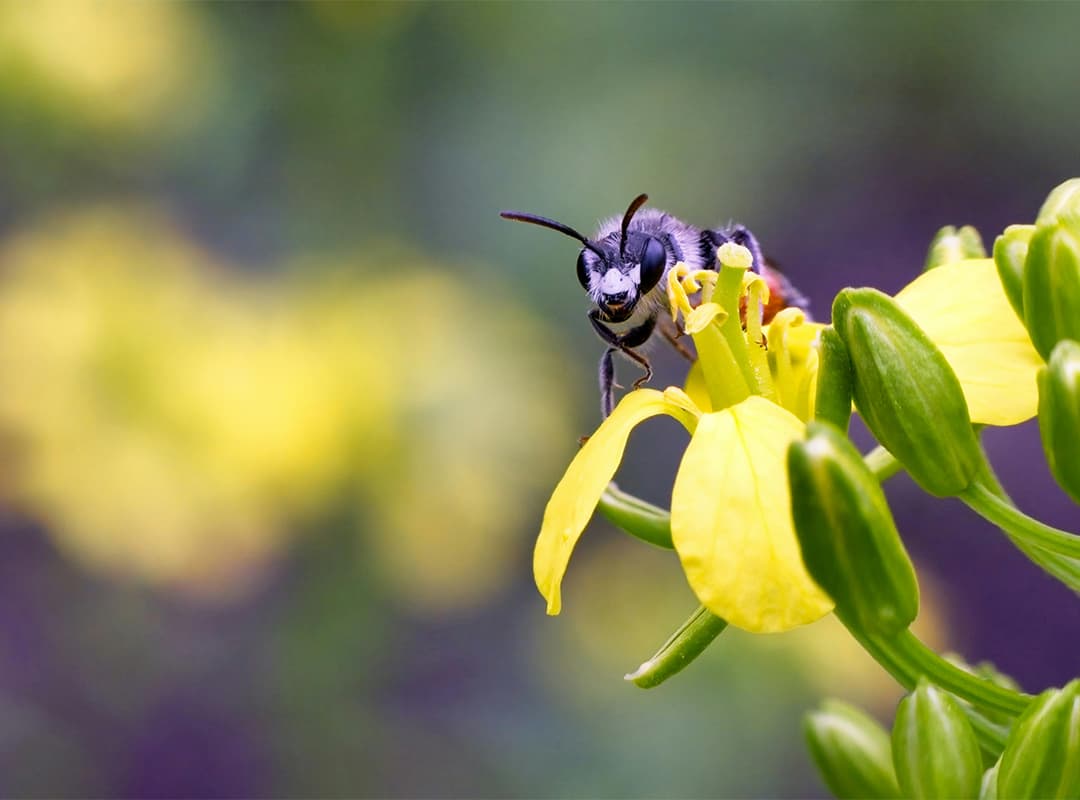Parasitoid wasps play a key role in New Zealand ecosystems, particularly in forested and agricultural areas. These insects perform important functions in the natural regulation of insect pests, contributing to ecological balance and ecosystem health. In this article, we review the ecological importance of parasitoid wasps, their impact on New Zealand’s forest and agricultural ecosystems, and their role in biological control of pests.
Role in Forest Ecosystems
New Zealand’s forests, known for their biodiversity, need natural mechanisms to control insect pests that can threaten tree and plant health. Parasitoid wasps are some of the main agents that support this control.
Control of Insect Populations
In forest ecosystems, parasitoid wasps control the populations of harmful insects such as caterpillars, aphids, and bark beetles. These insects can significantly damage woody species, resulting in weakened trees and reduced ability to resist disease and other stressors. Parasitoid wasps, by laying eggs in or on the bodies of their victims, effectively limit their populations, preventing mass reproduction of the pests.
Maintaining Biodiversity
By controlling insect pest populations, parasitoid wasps help maintain forest biodiversity. Fewer pests mean that plants and trees have more resources to grow and develop, which in turn supports the diversity of species in the forest ecosystem. Healthy forests filled with a variety of plant and animal species are more resilient to outside influences and climate change.
Relationship to Plants
Parasitoid wasps also interact with plants, attracting them with chemical signals or using them to host offspring. Some plants secrete specific substances that attract wasps when they are attacked by pests. In this way, plants can indirectly attract wasps, which helps regulate the number of insect pests on those plants.
Role in Agricultural Ecosystems
In New Zealand agriculture, parasitoid wasps are important allies of farmers in pest control. Under intensive farming and horticultural conditions, these insects help reduce reliance on chemical pesticides by providing a sustainable method of pest control.
Biological Pest Control
In agricultural ecosystems, parasitoid wasps are used as a natural way to control insect pests. Many wasp species, such as Braconidae and Ichneumonidae, specialize in killing certain pests that cause significant damage to crops. For example, some species of braconids parasitize caterpillars that destroy the foliage of fruit trees, thus reducing crop damage.
Reducing Pesticide Use
The use of parasitoid wasps in biological control helps to reduce the use of chemical pesticides. This has several important consequences: reduced environmental pollution, increased disease resistance in ecosystems, and improved quality of agricultural products. A healthy agroecosystem with parasitoid wasps is more sustainable and economically beneficial as farmers can spend less on chemical plant protection.
Increased Yields
Effective control of pest populations with parasitoid wasps helps to increase crop yields. Healthy plants that have not been attacked by pests can develop fully and produce higher yields. This is especially important for gardeners and farmers of fruits, vegetables and cereals.
Examples of Successful Use of Parasitoid Wasps
New Zealand has a long history of successful use of parasitoid wasps in biological control. One such example is the use of wasps of the genus Encarsia to control whitefly in greenhouses. These small chalcidoids successfully parasitize whitefly larvae, reducing their population and preventing damage to plants. This has reduced the use of insecticides in greenhouse farming and improved the quality of vegetables and fruits grown.
Another example is the introduction of parasitoid wasps to control leaf beetles, which were accidentally introduced to New Zealand and have become a serious threat to native trees. These wasps, which specialize in specific species of leaf beetles, have been effective in reducing their numbers and have helped restore the health of affected forests.
Parasitoid wasps play an important role in maintaining ecological balance in New Zealand’s forest and agricultural ecosystems. Their ability to control insect pests makes them indispensable participants in natural and agroecosystems. The use of parasitoid wasps in biological control helps to reduce reliance on chemical pesticides, maintain biodiversity and improve ecosystem resilience. These insects are an important element in the sustainable management strategy for New Zealand’s natural and agricultural resources.
